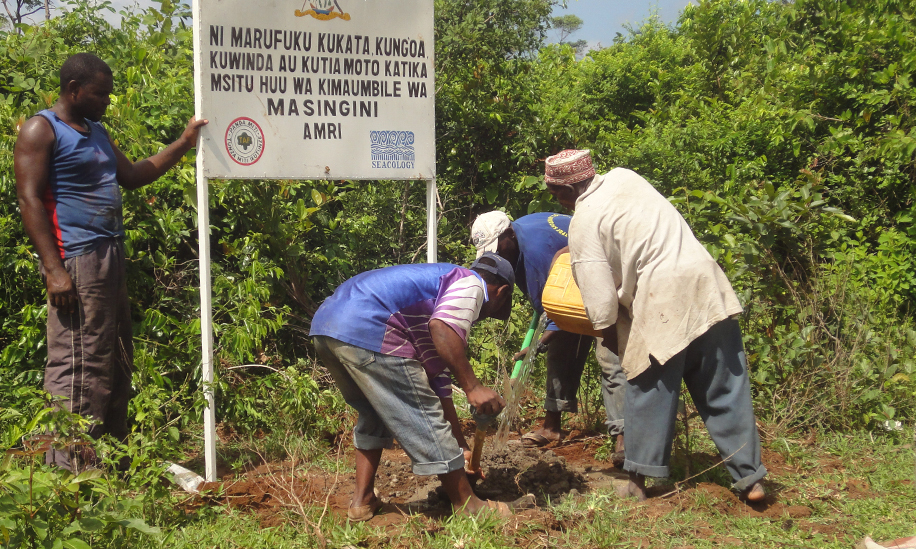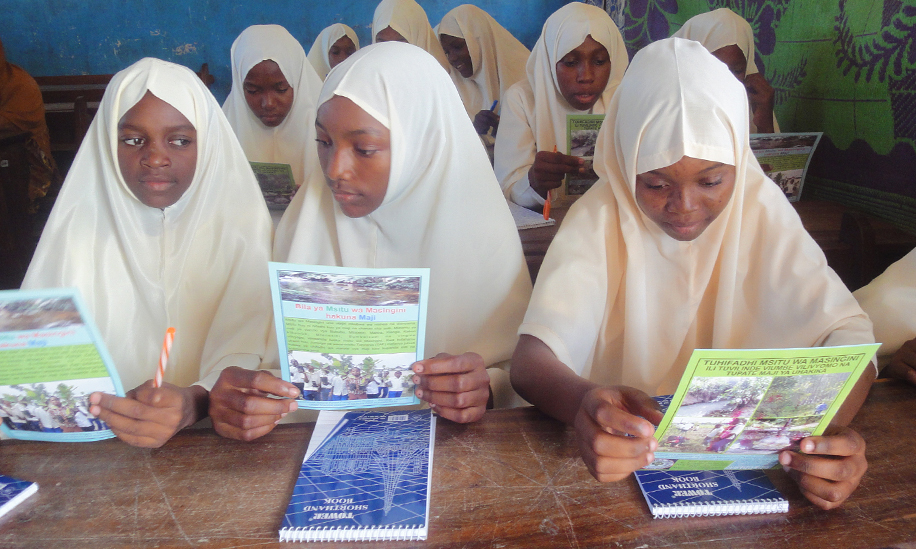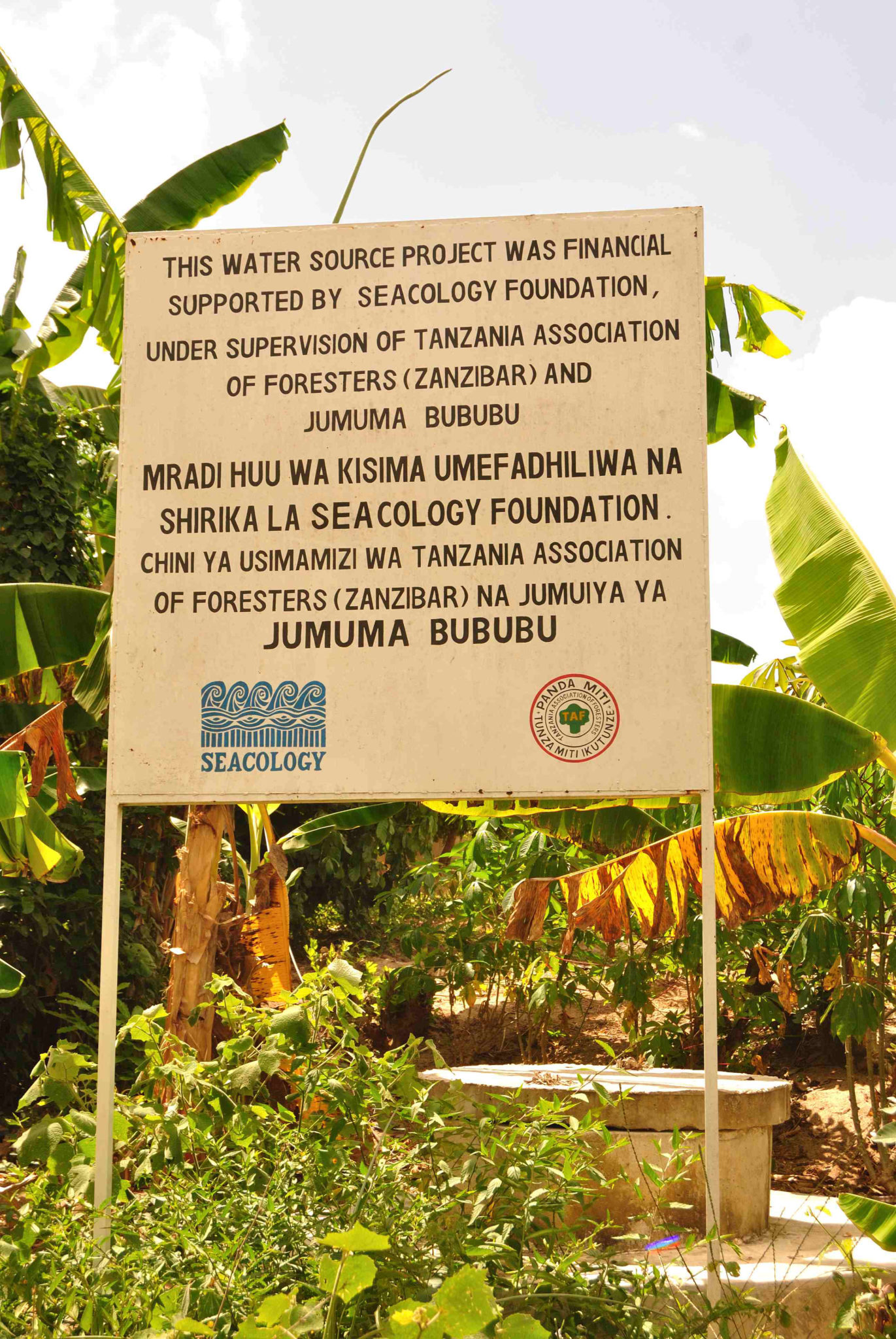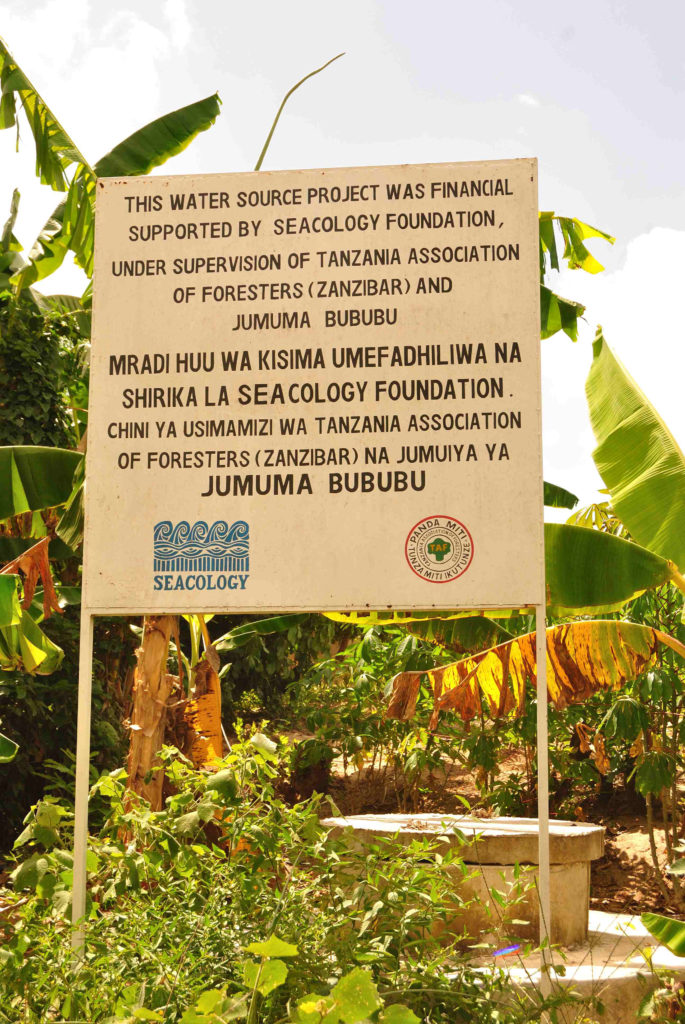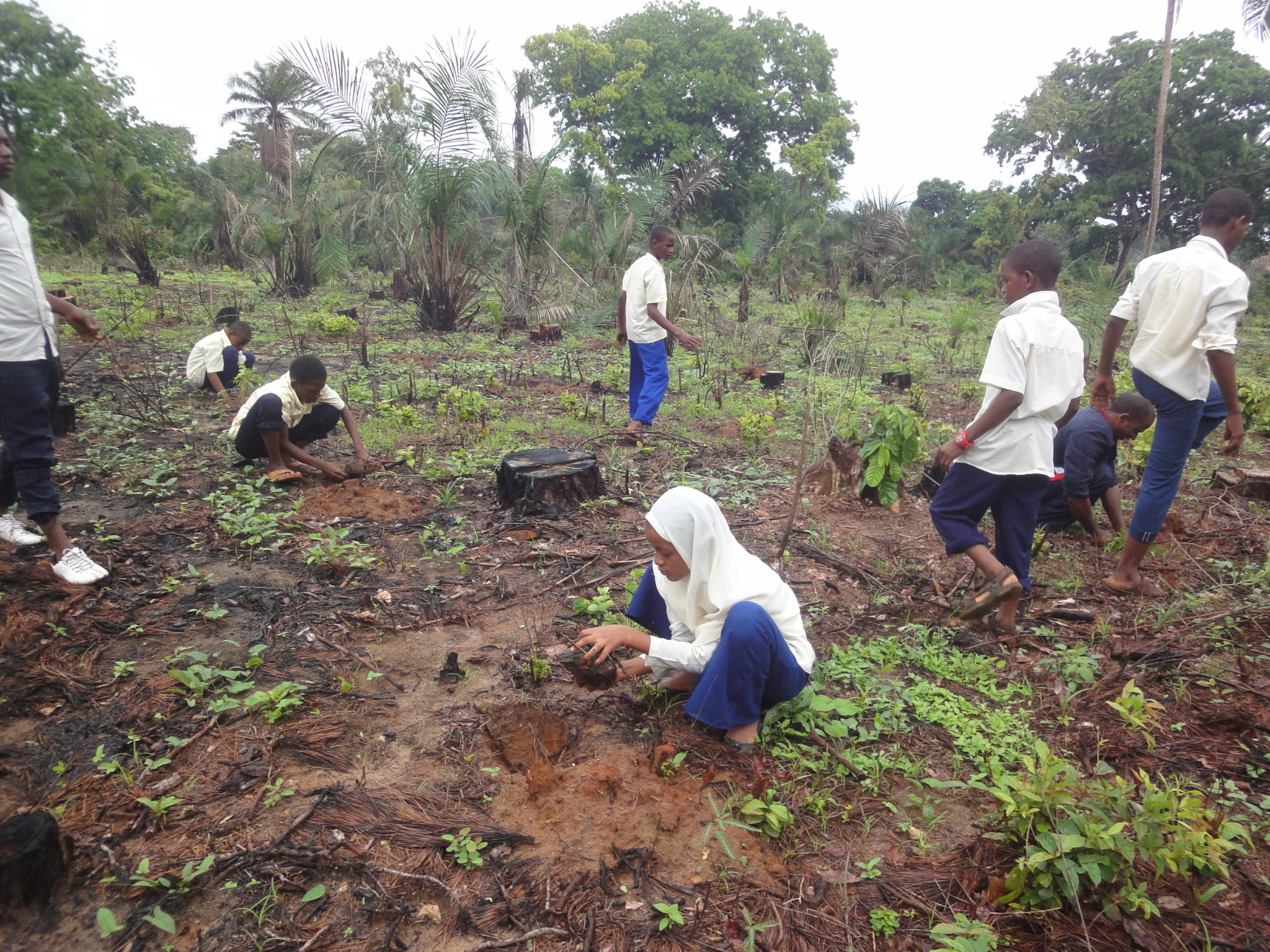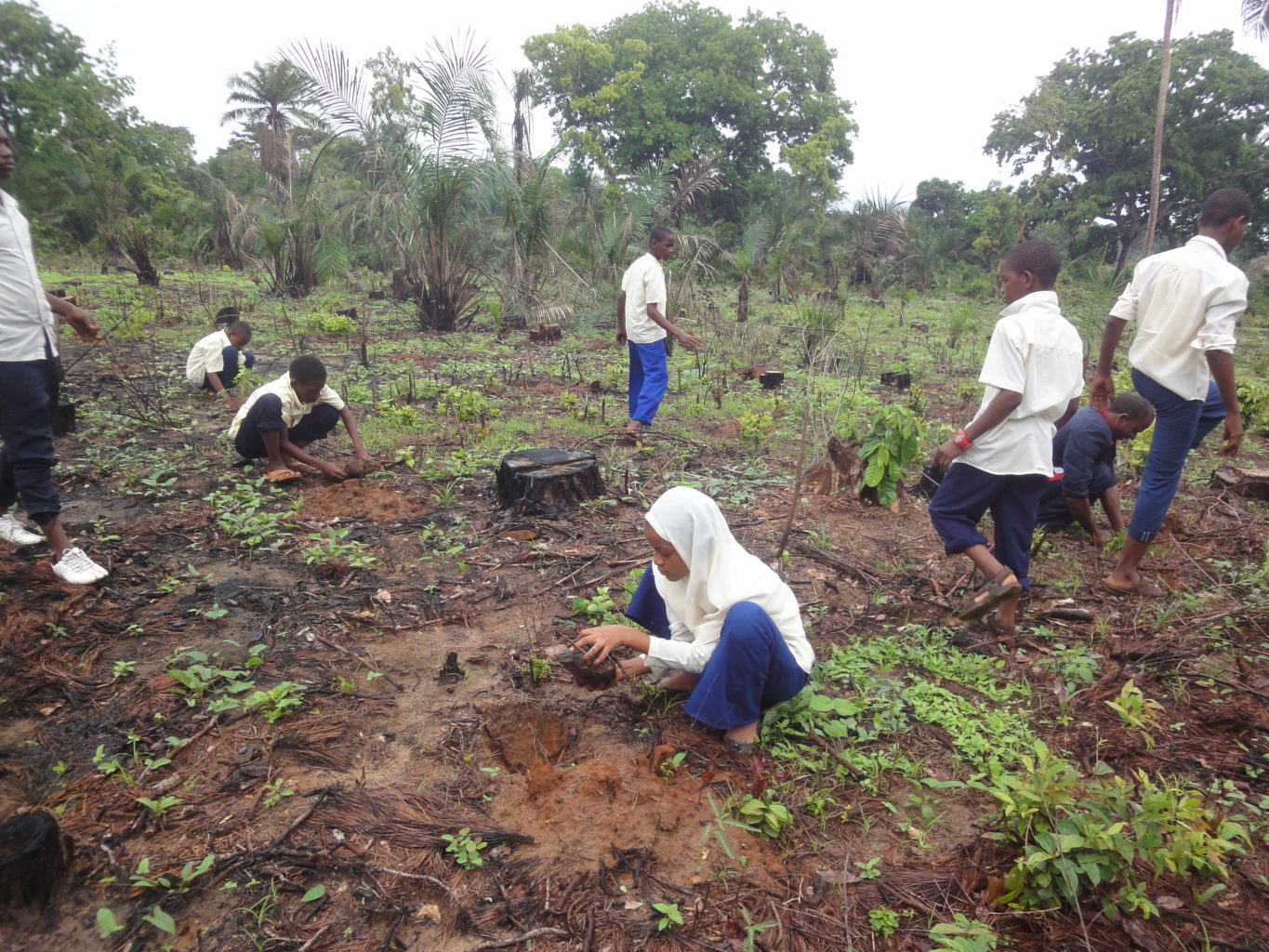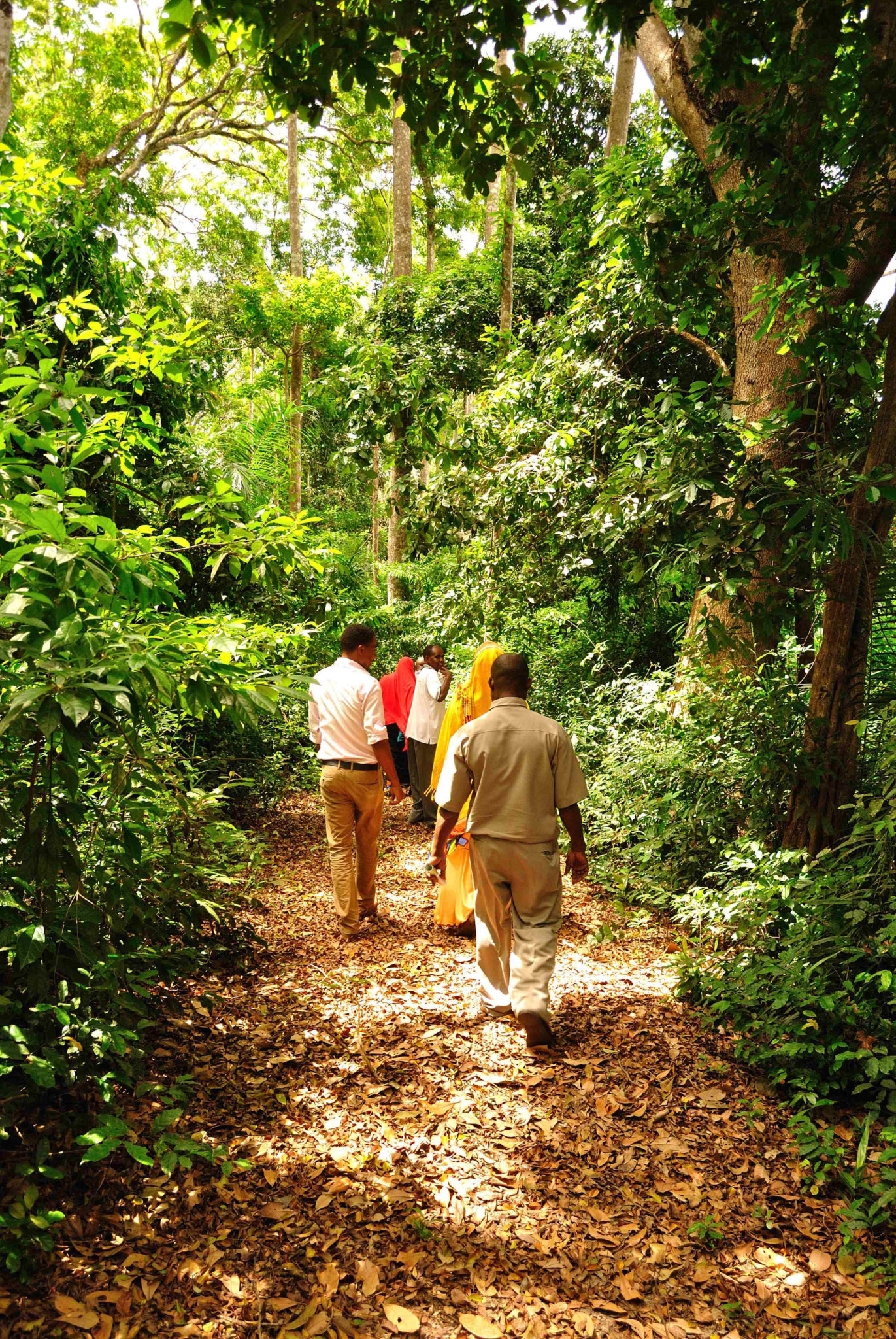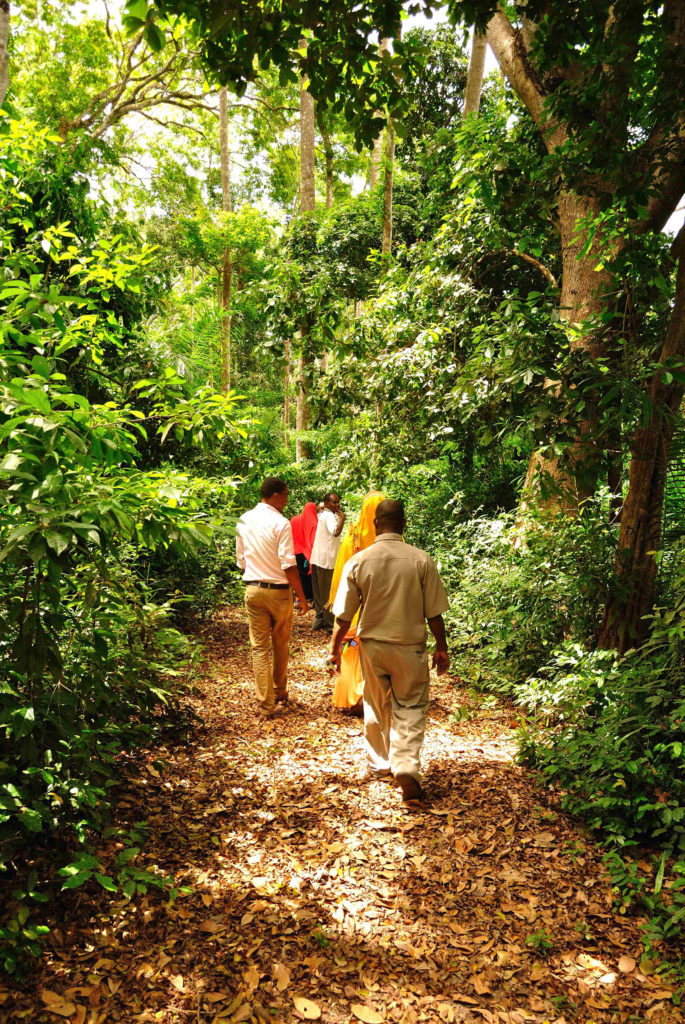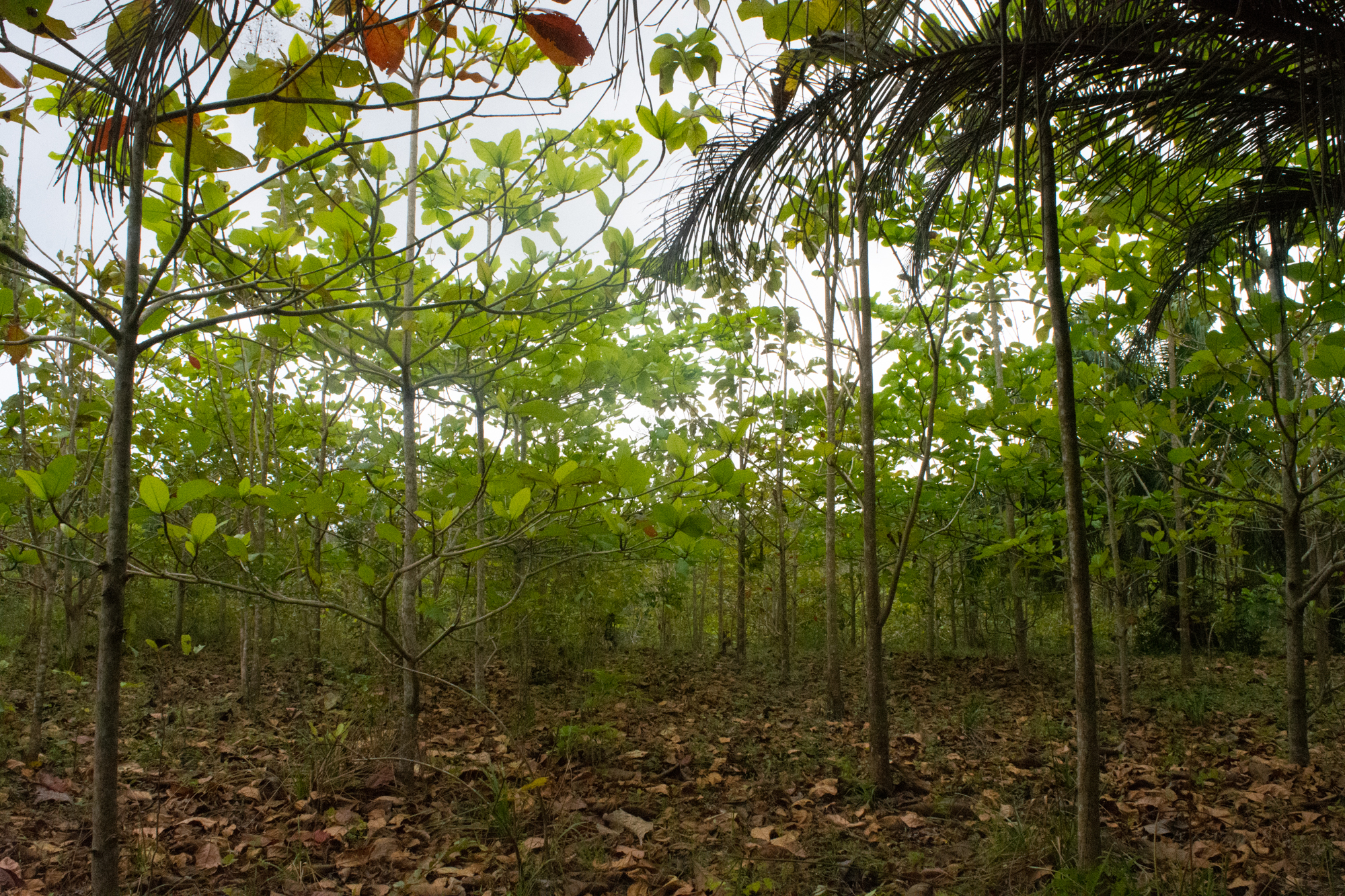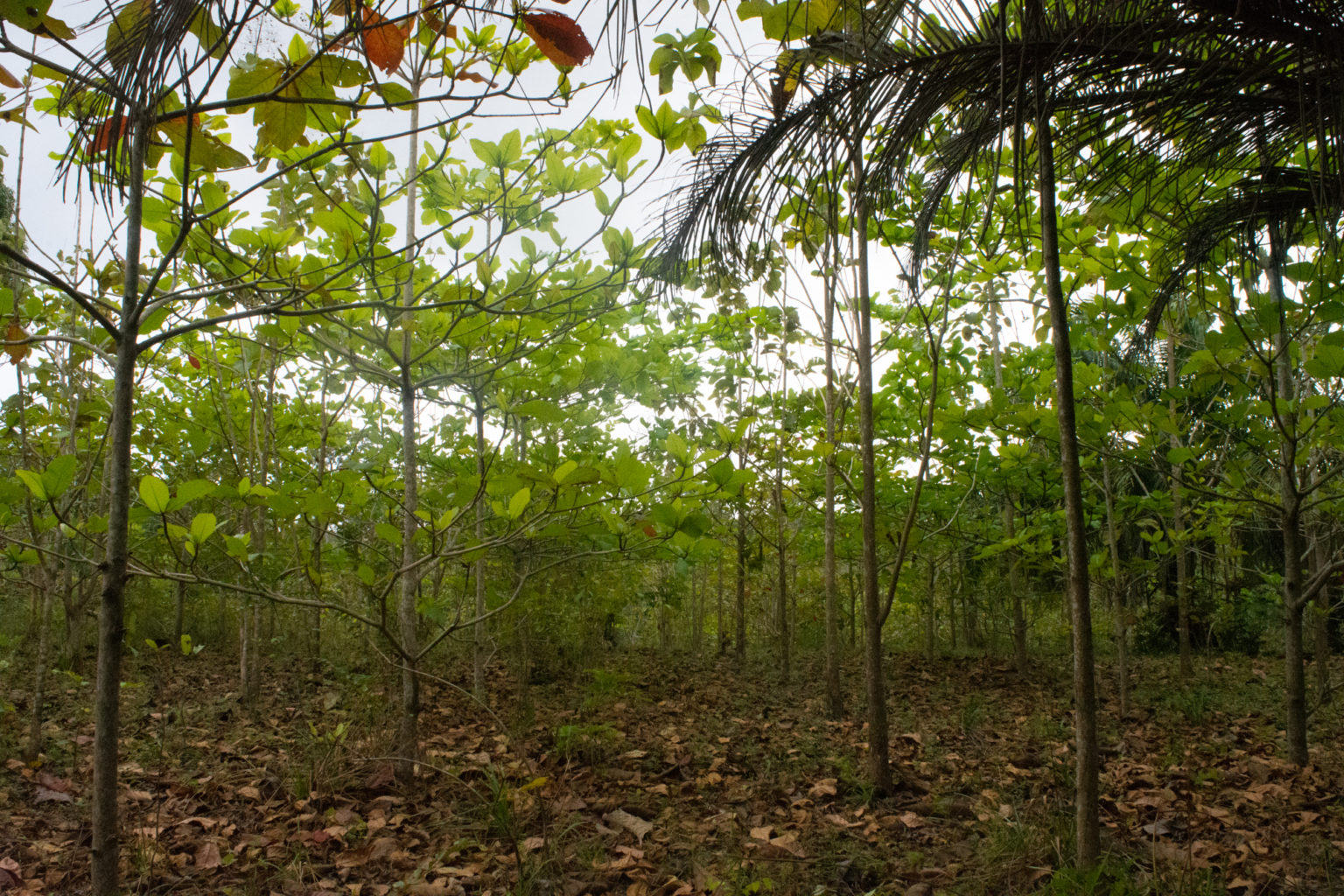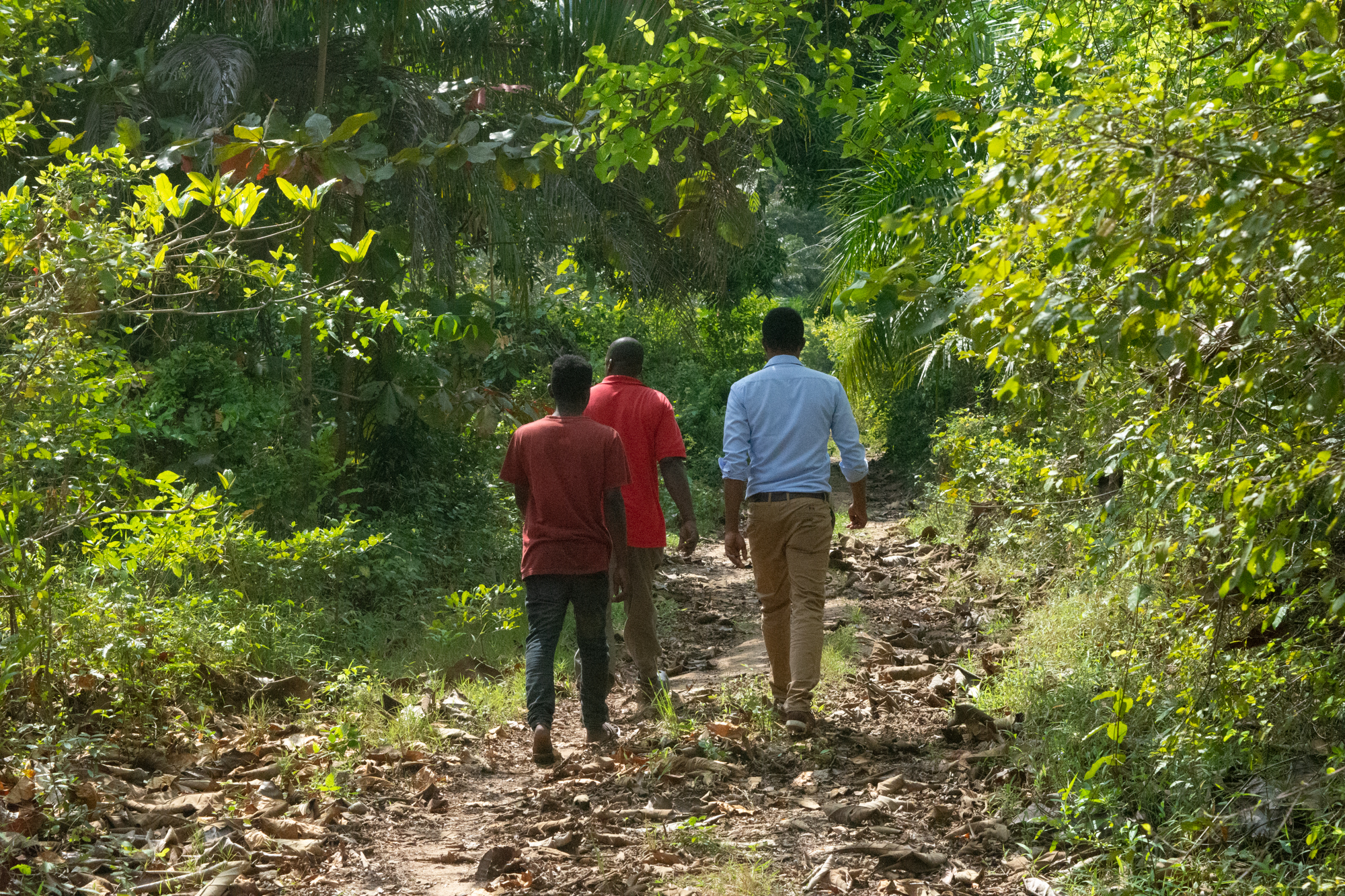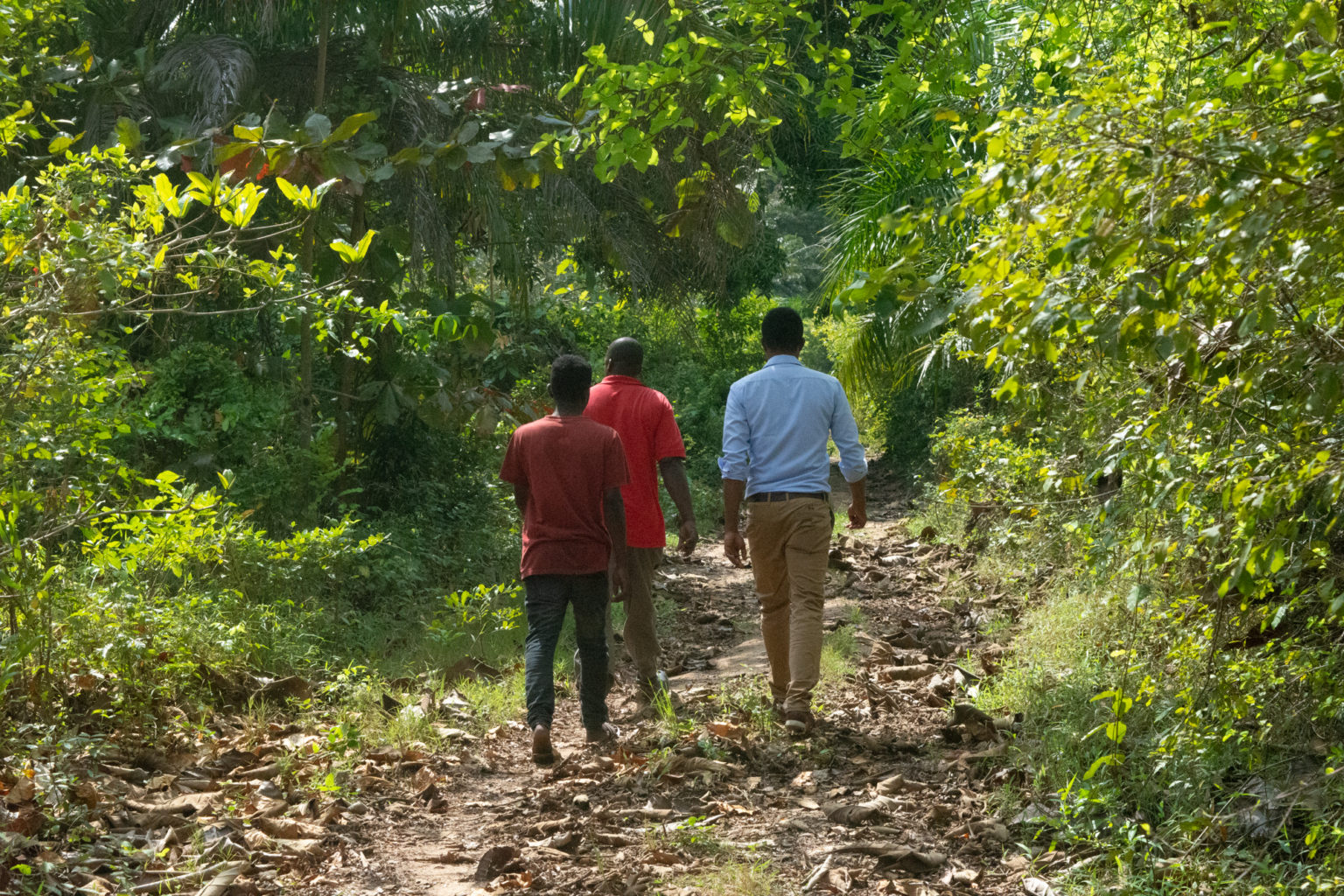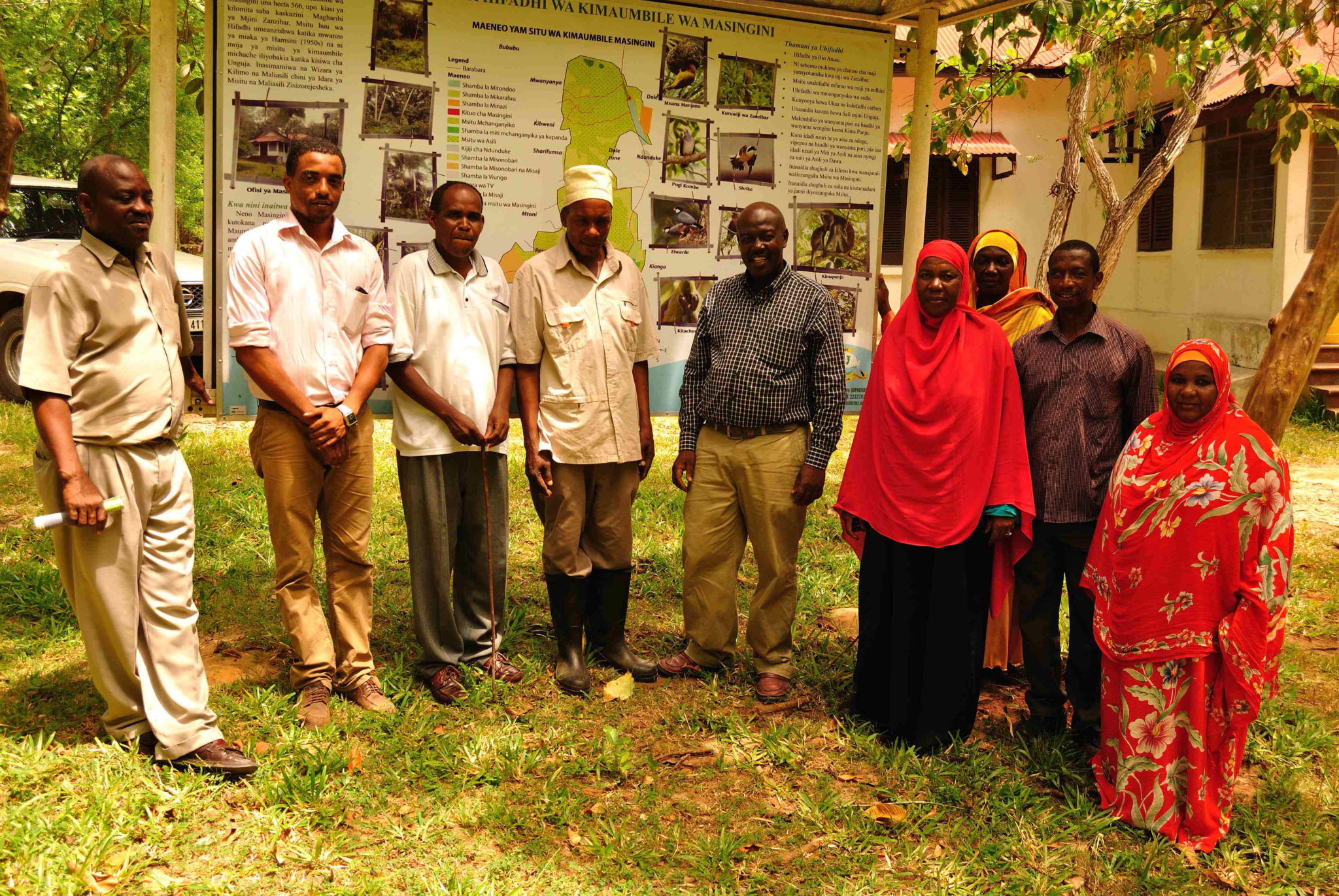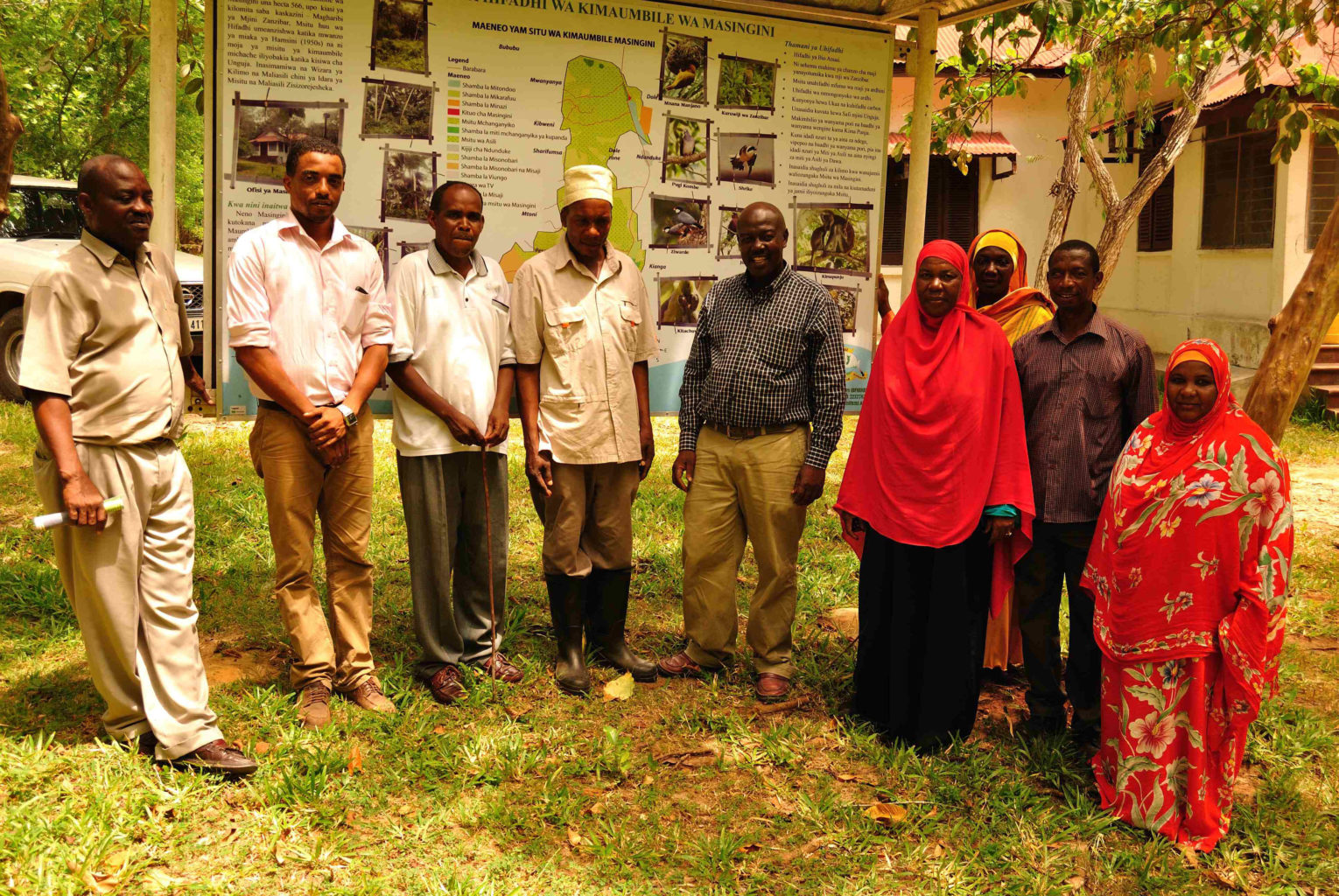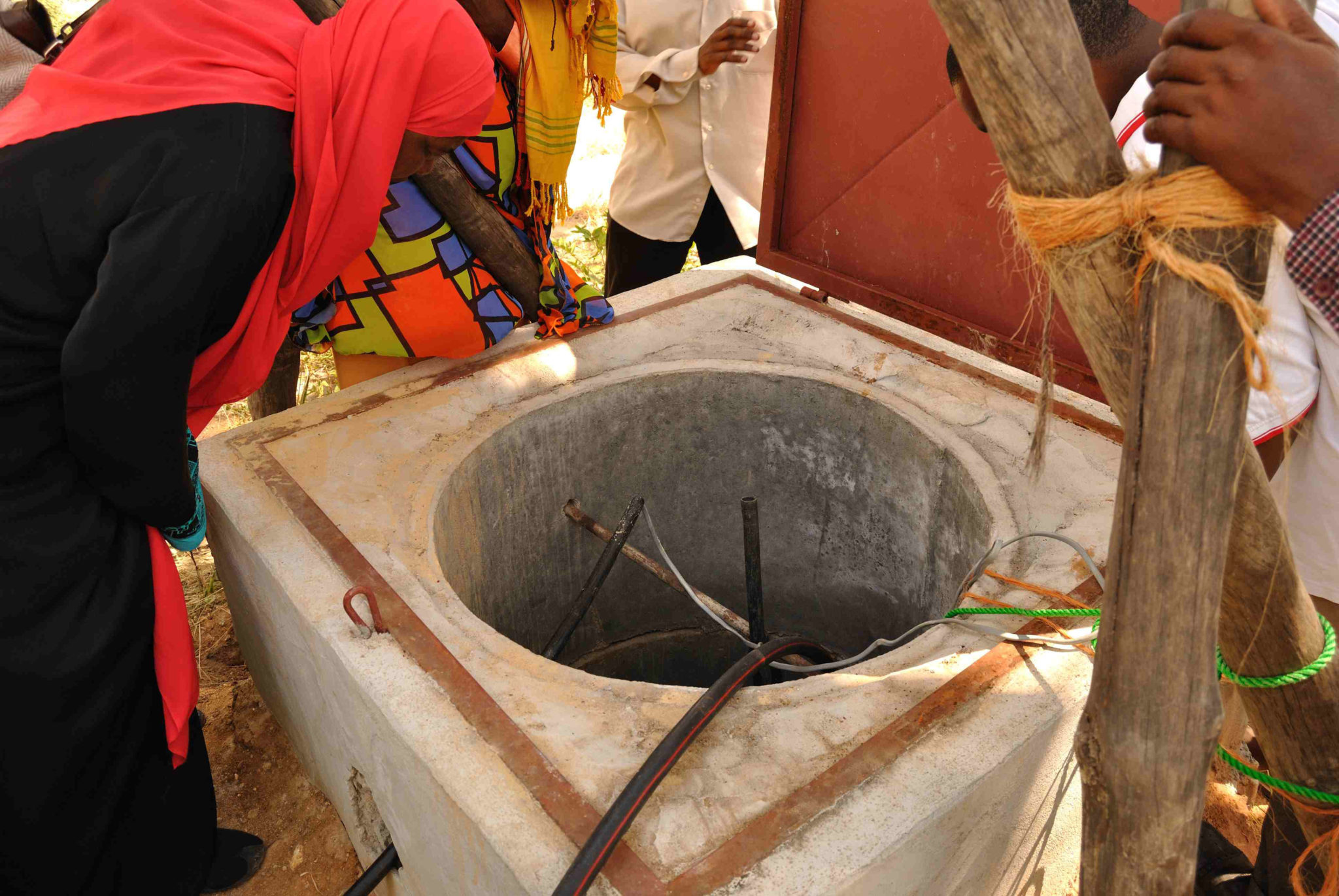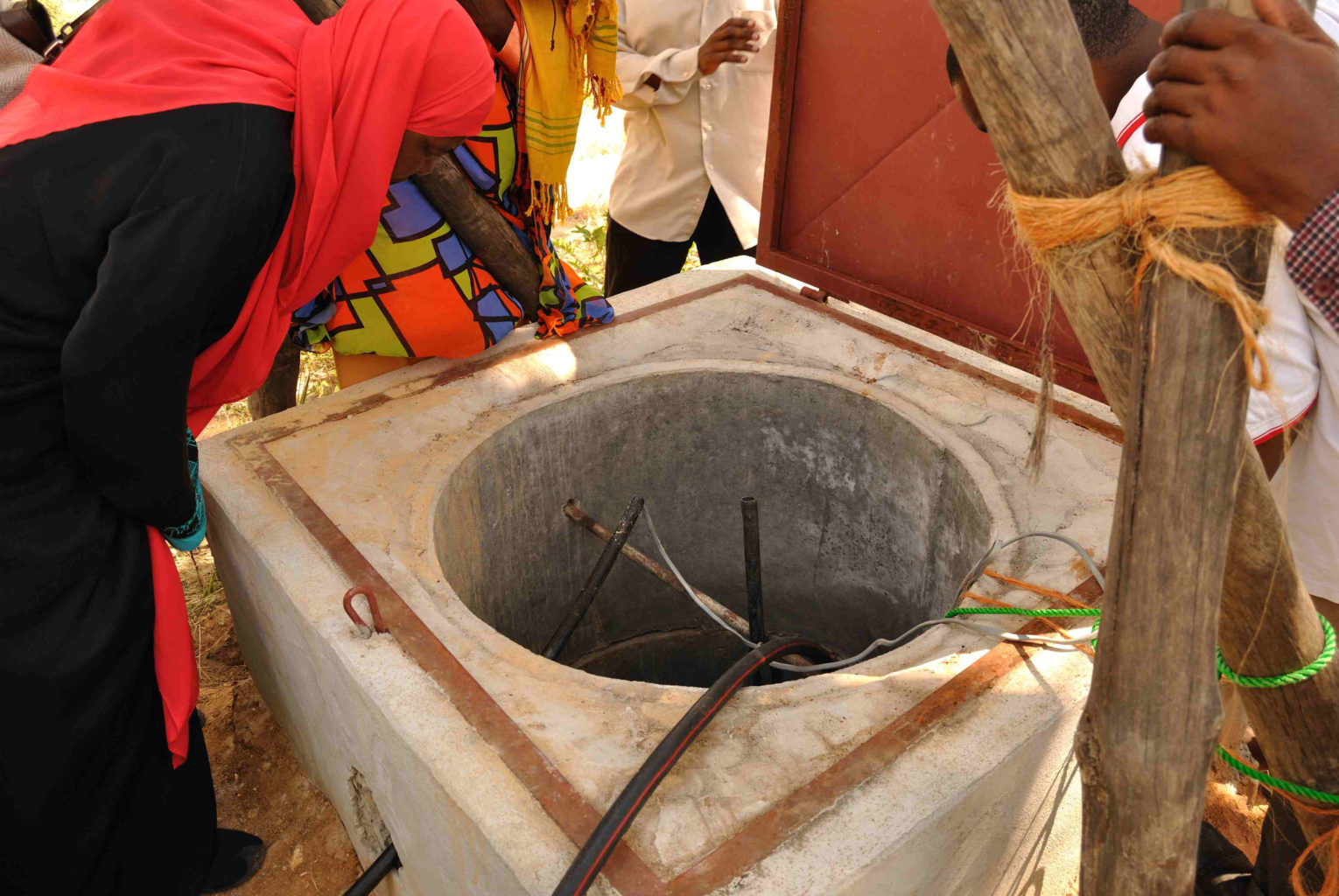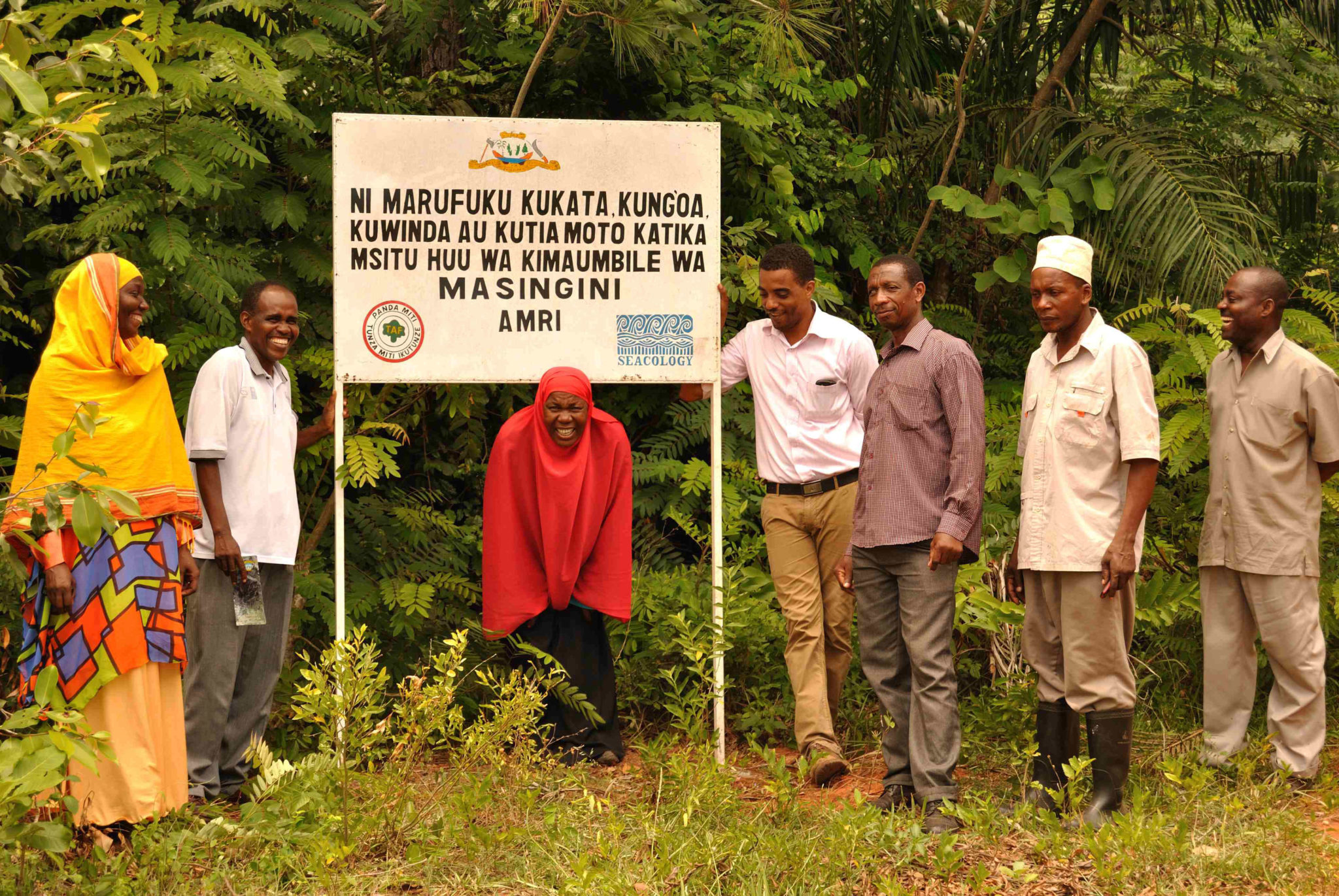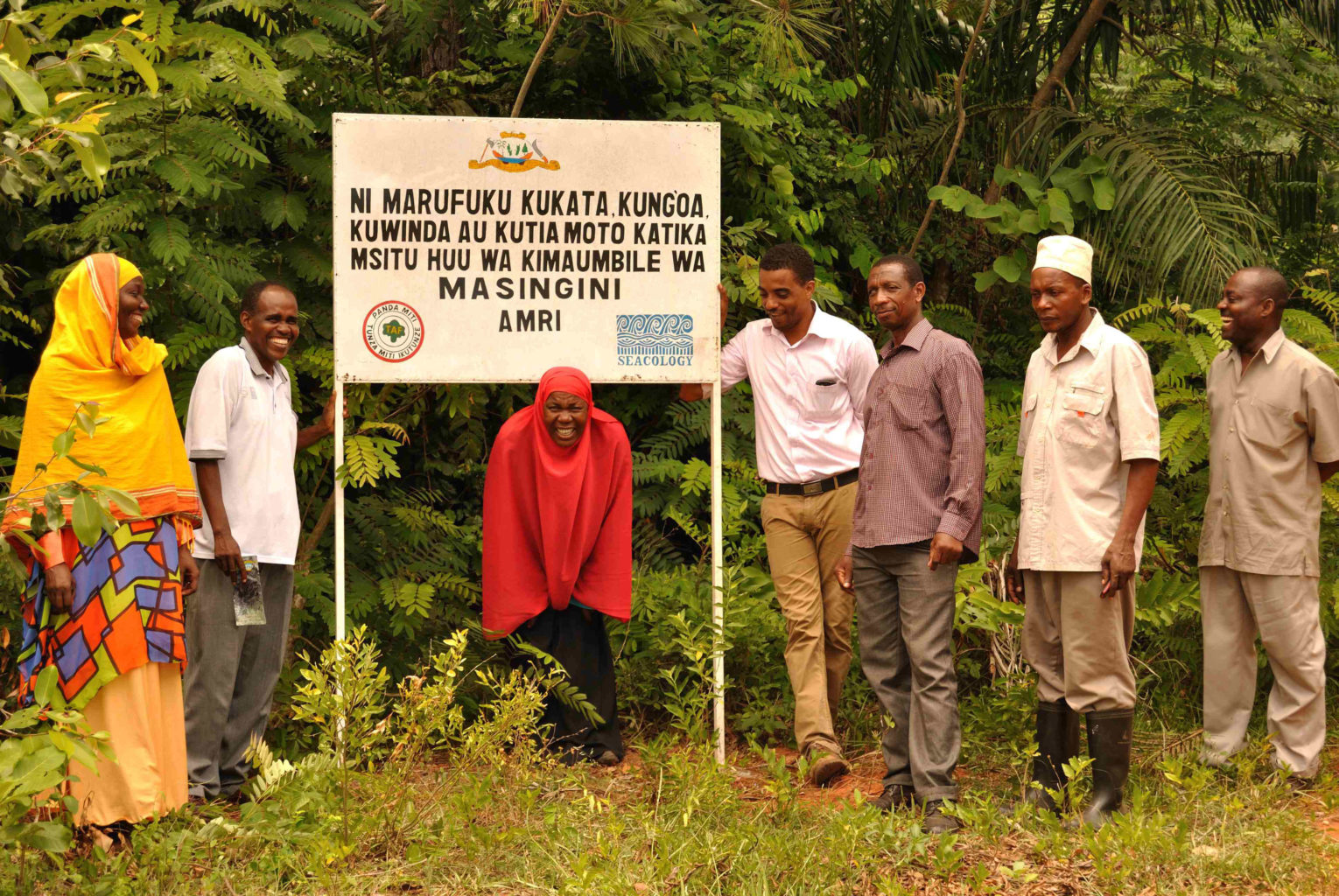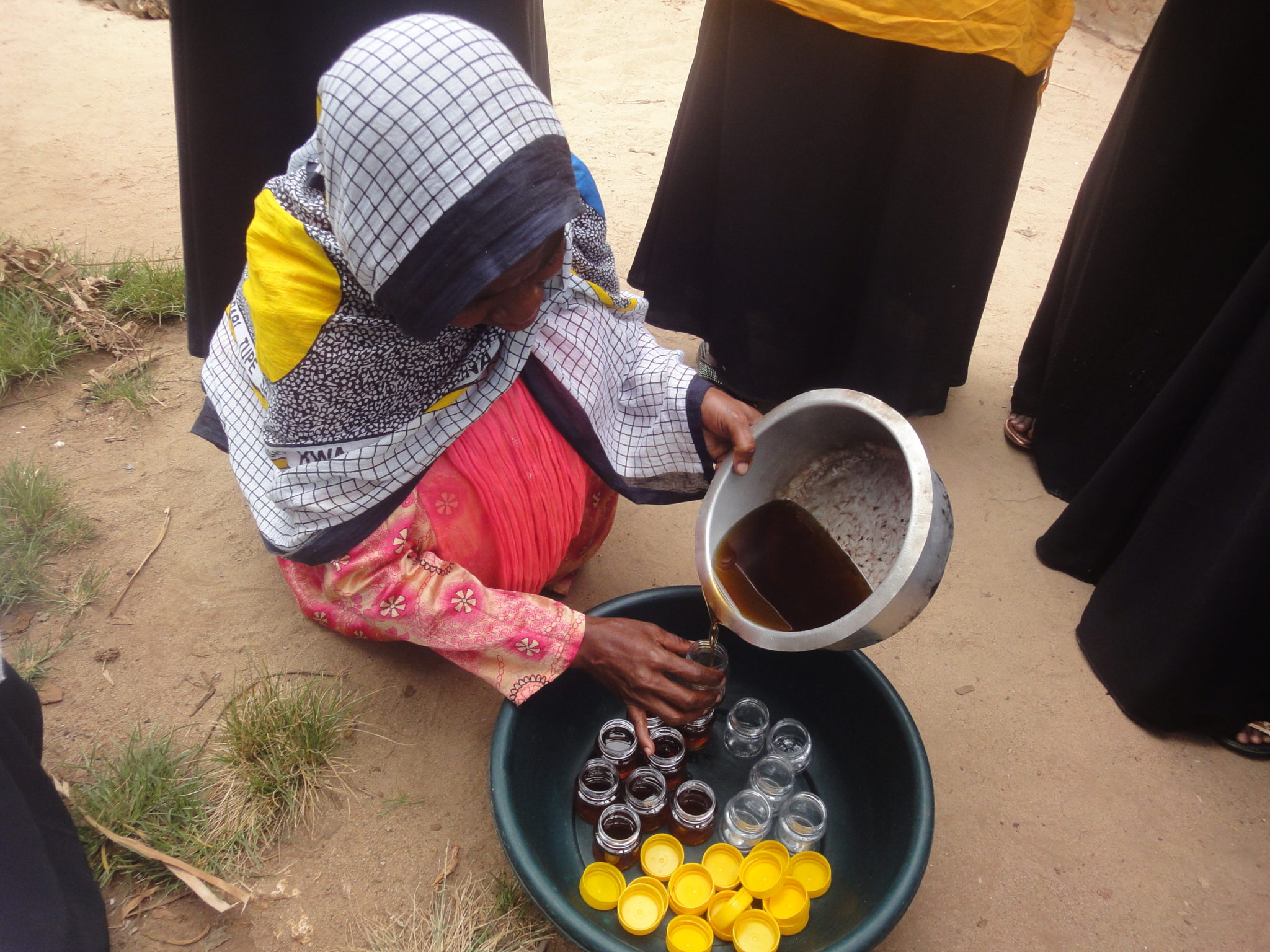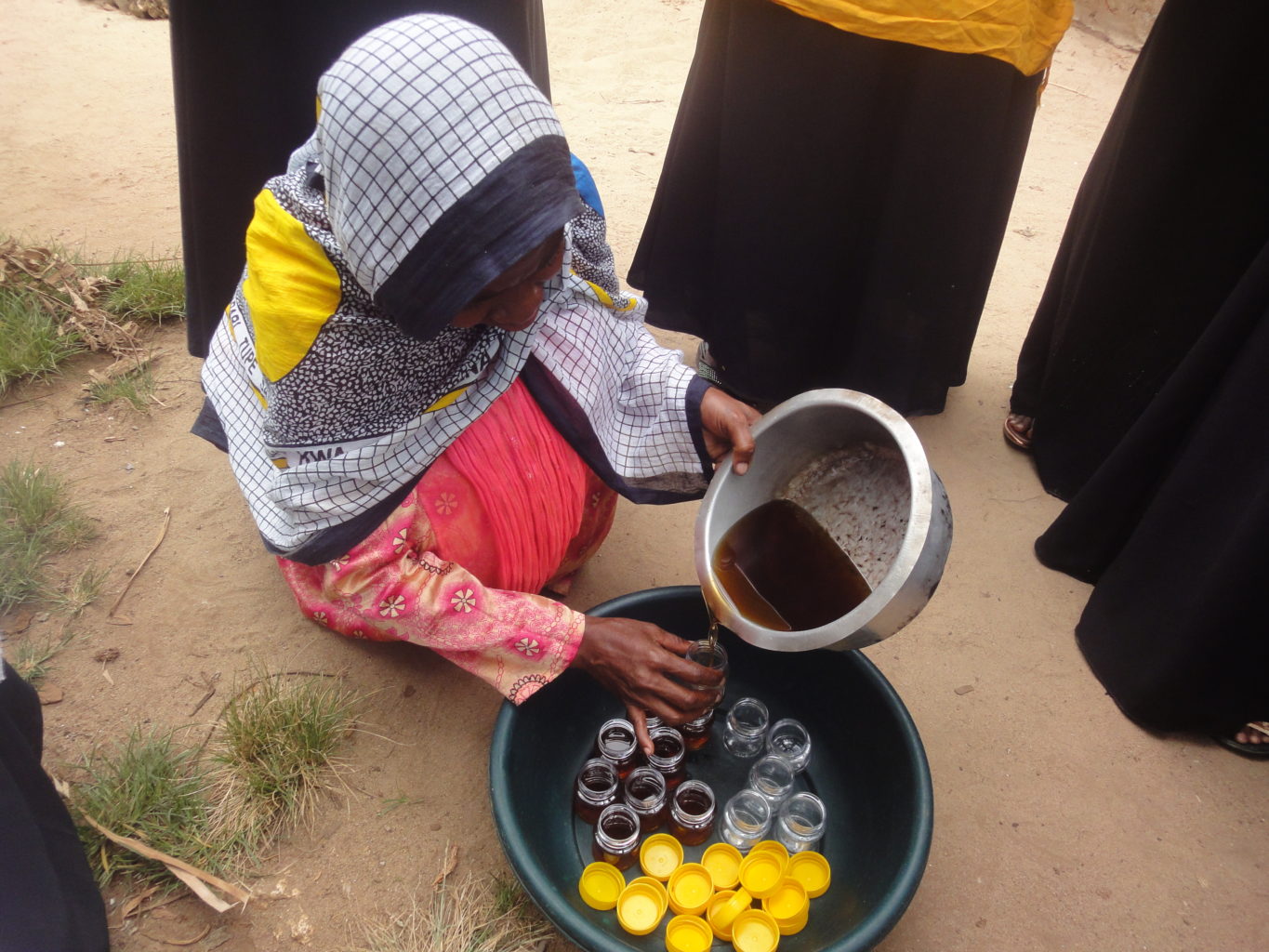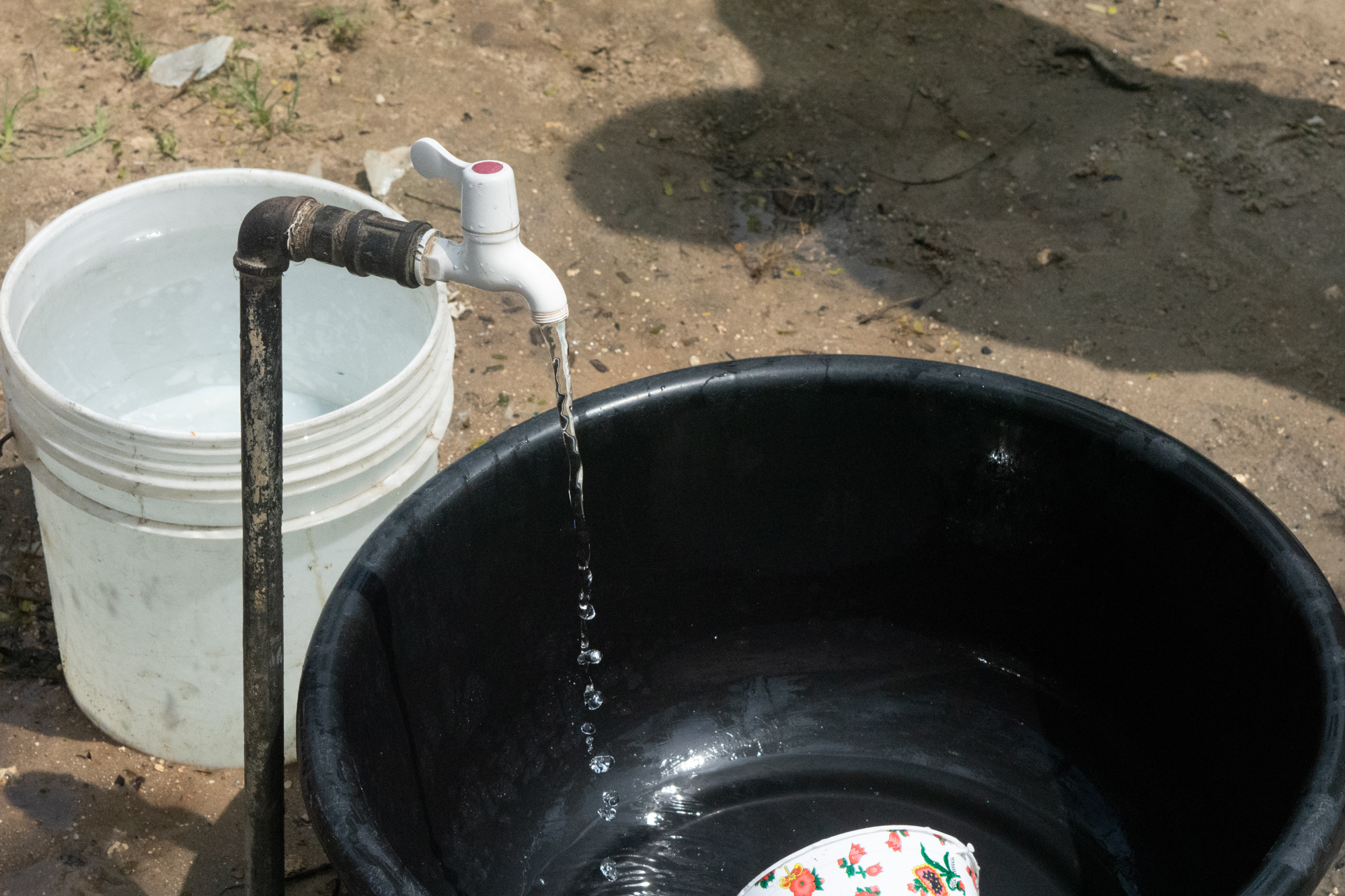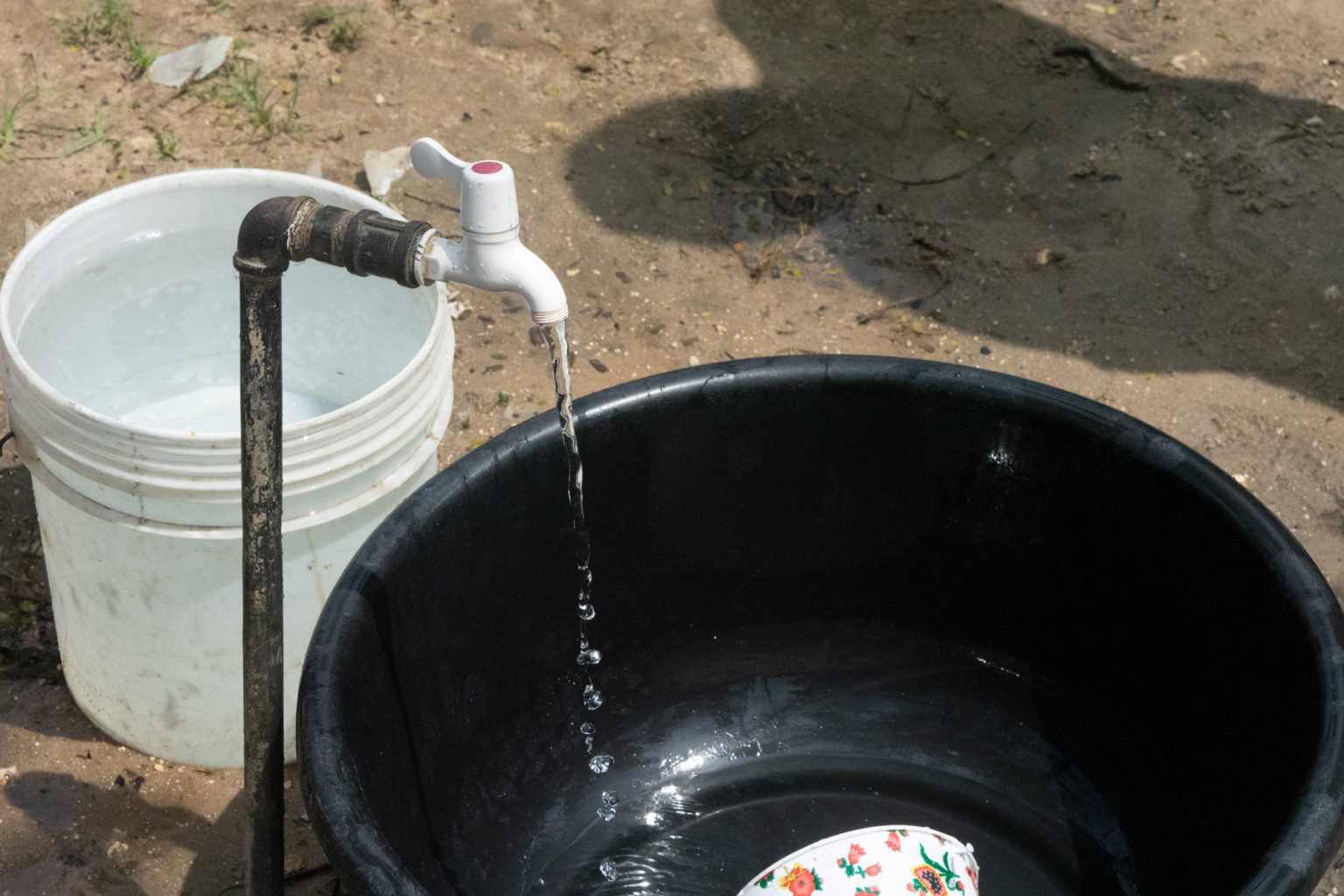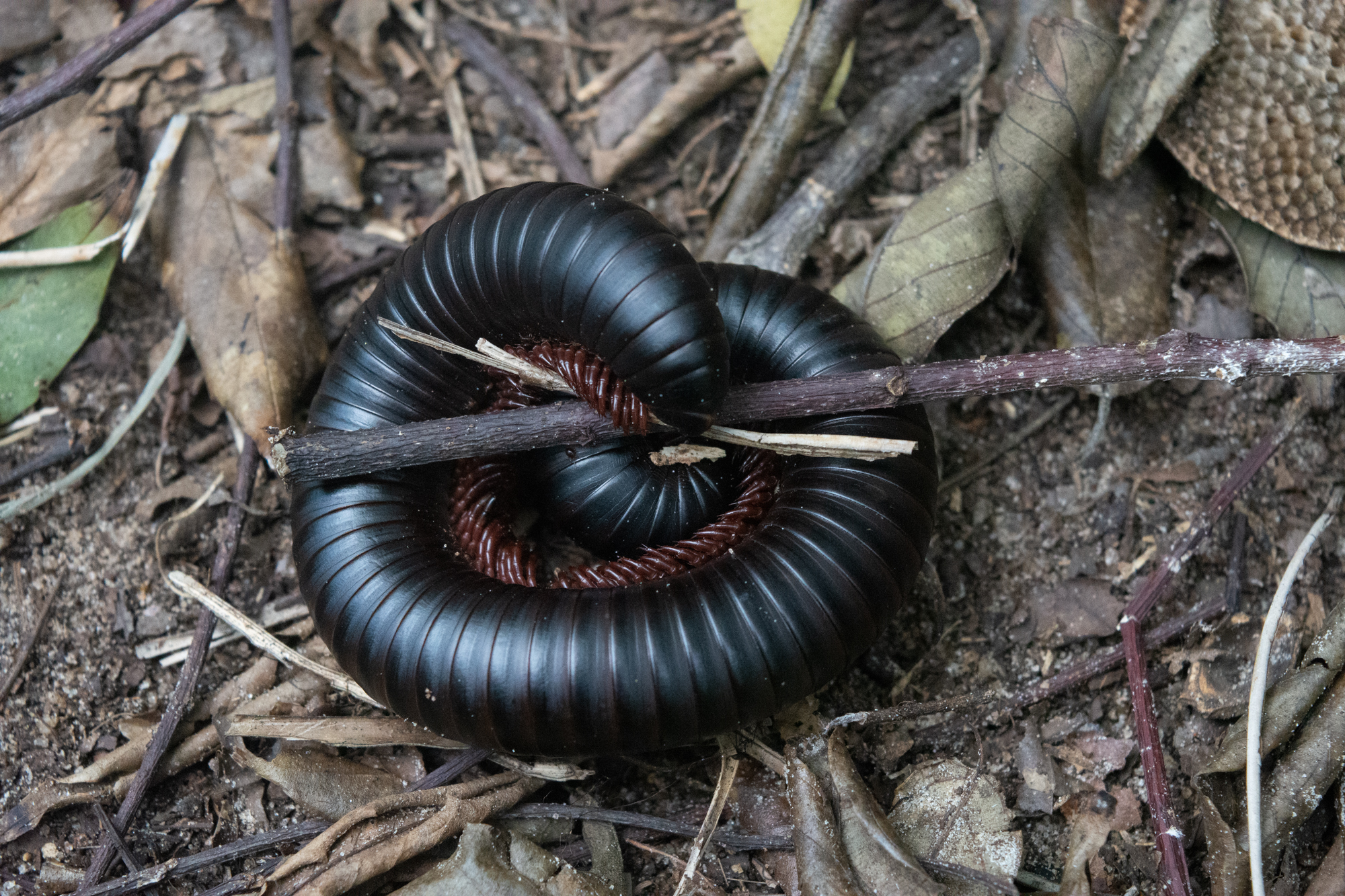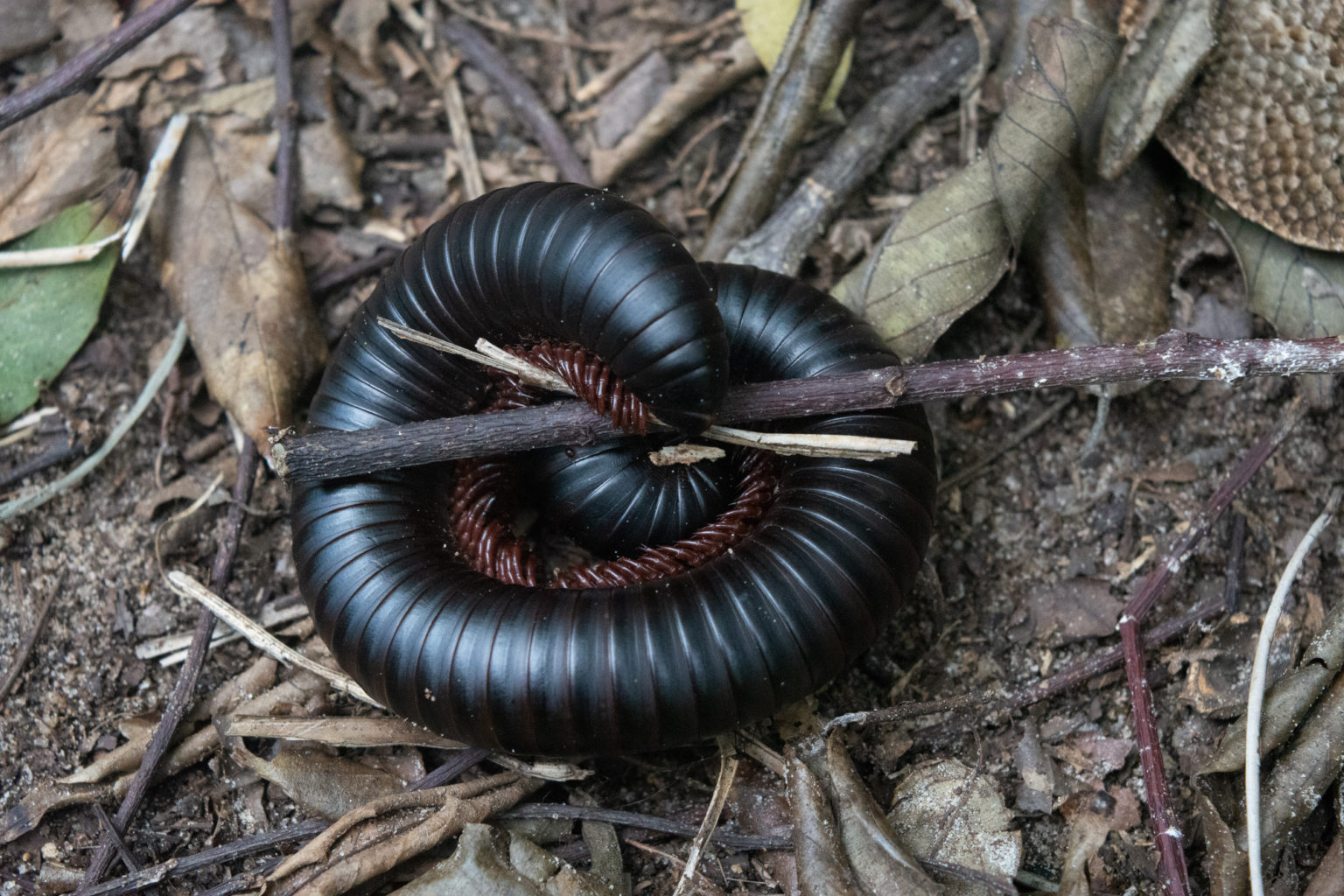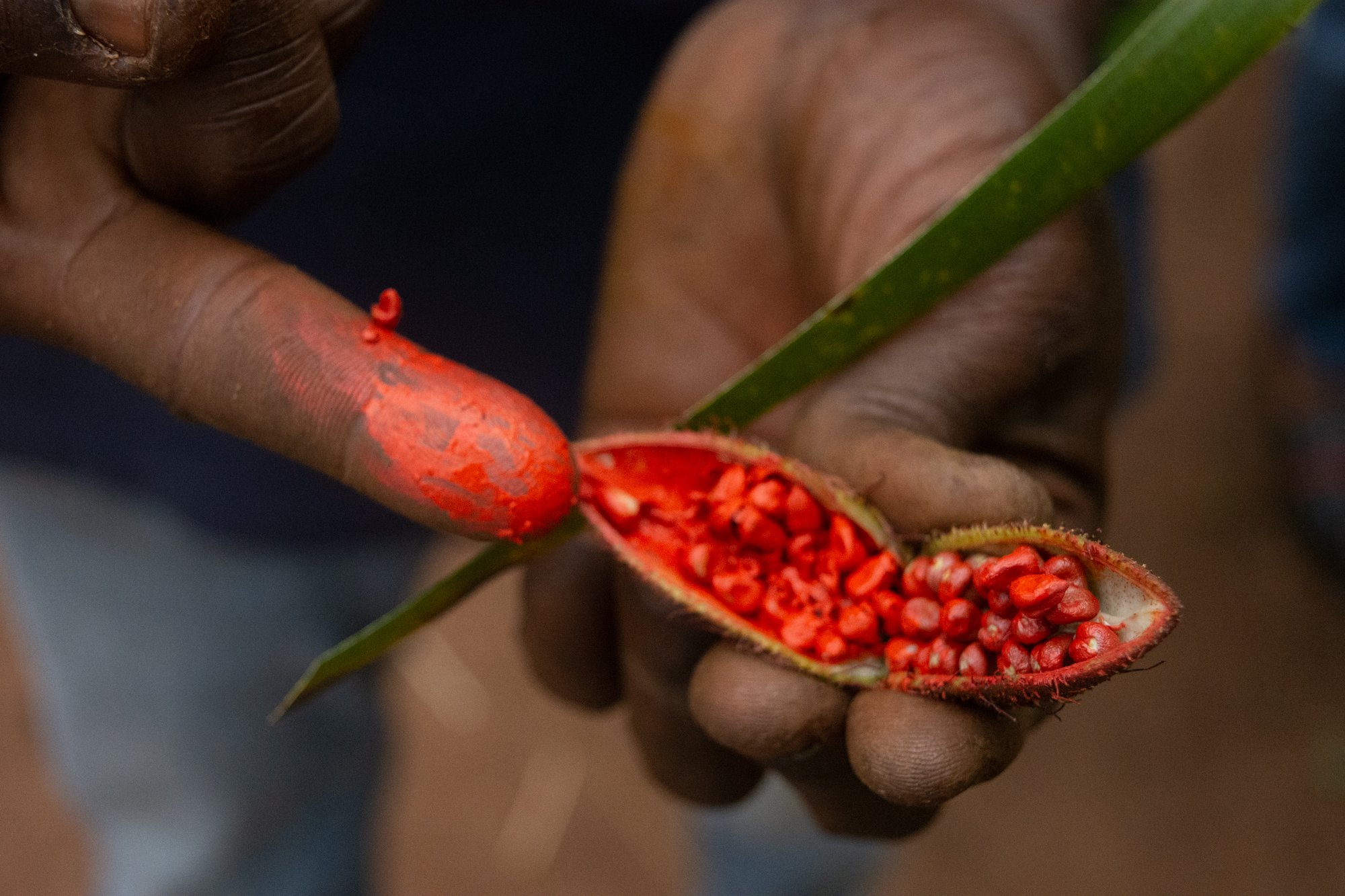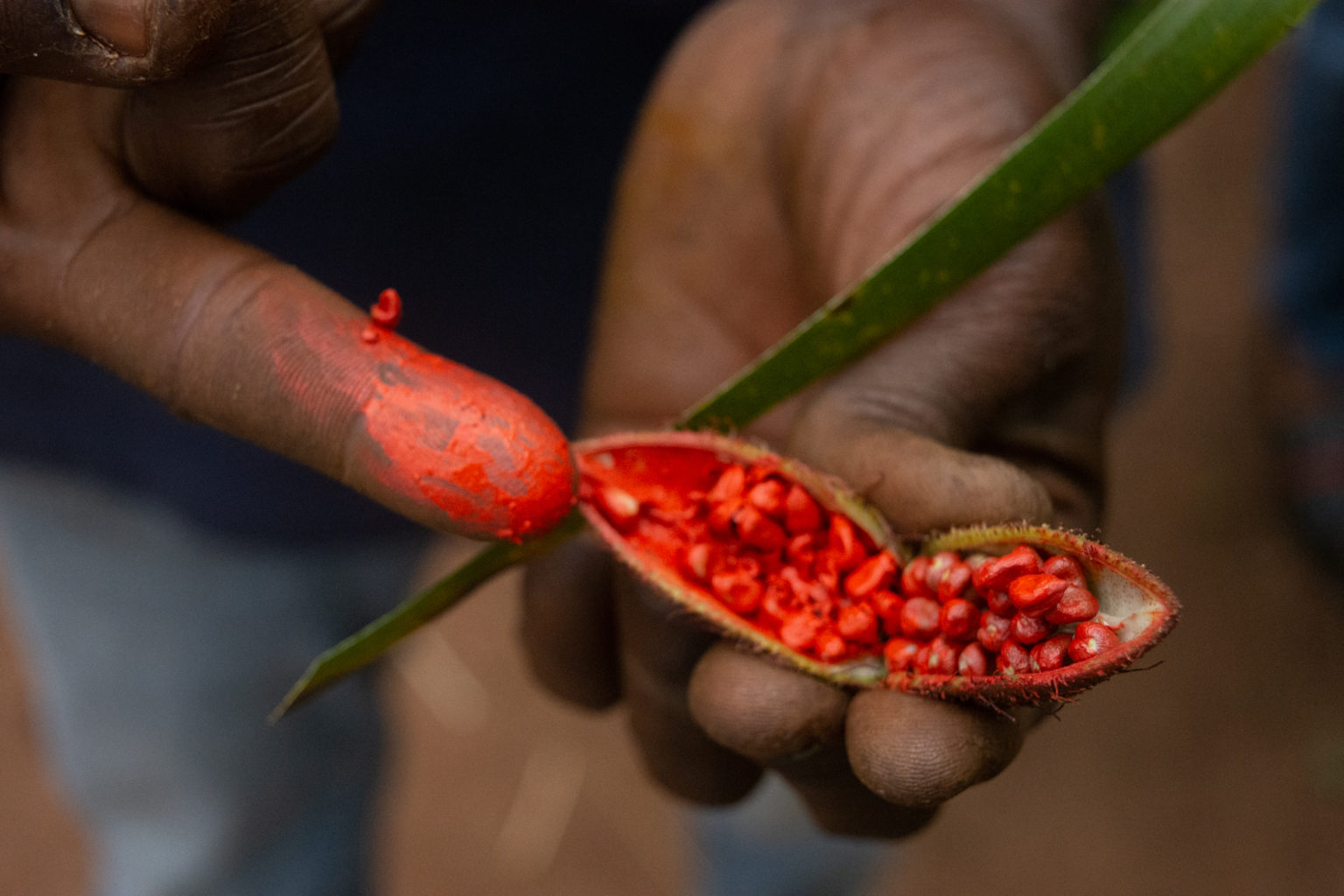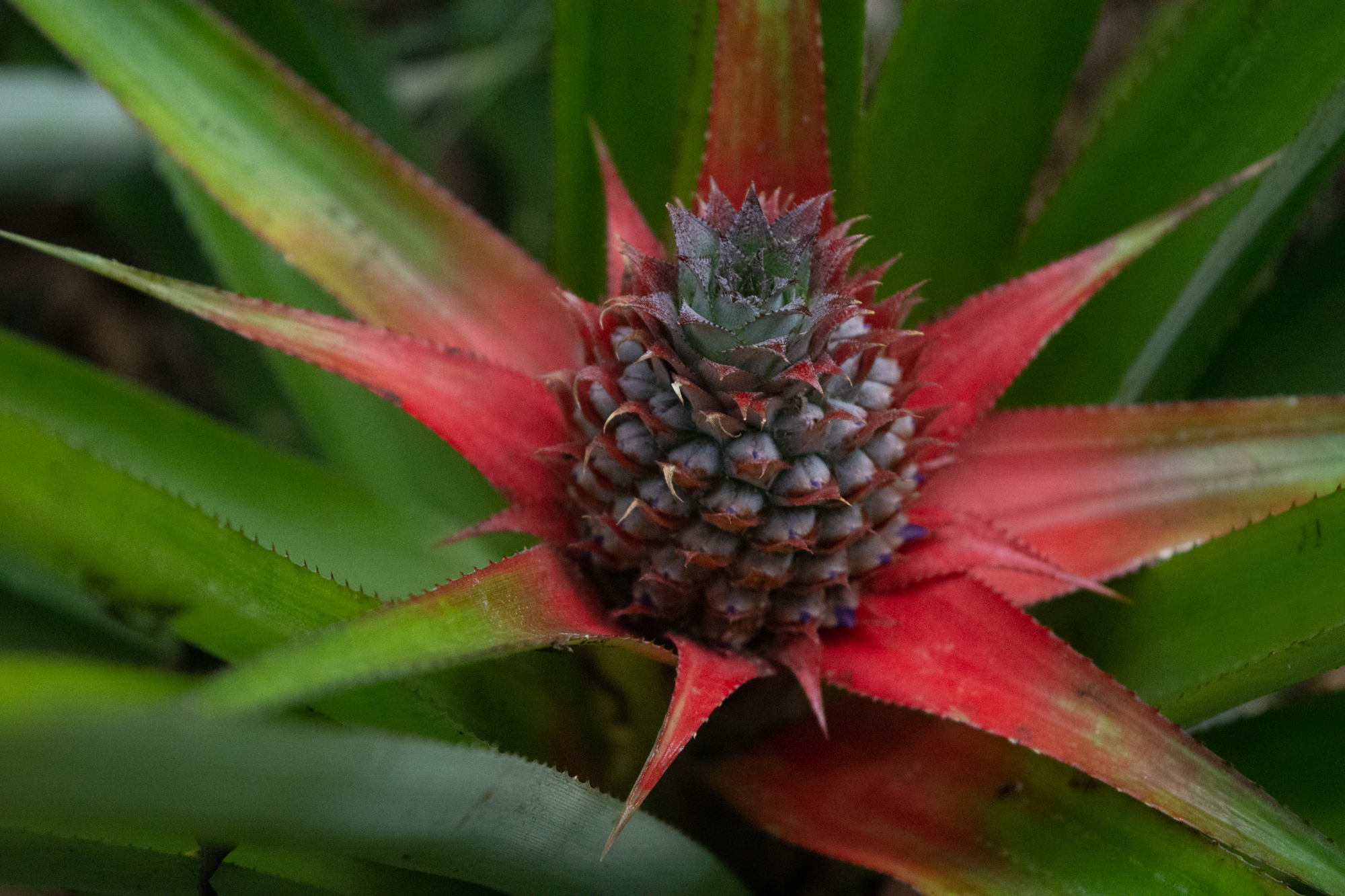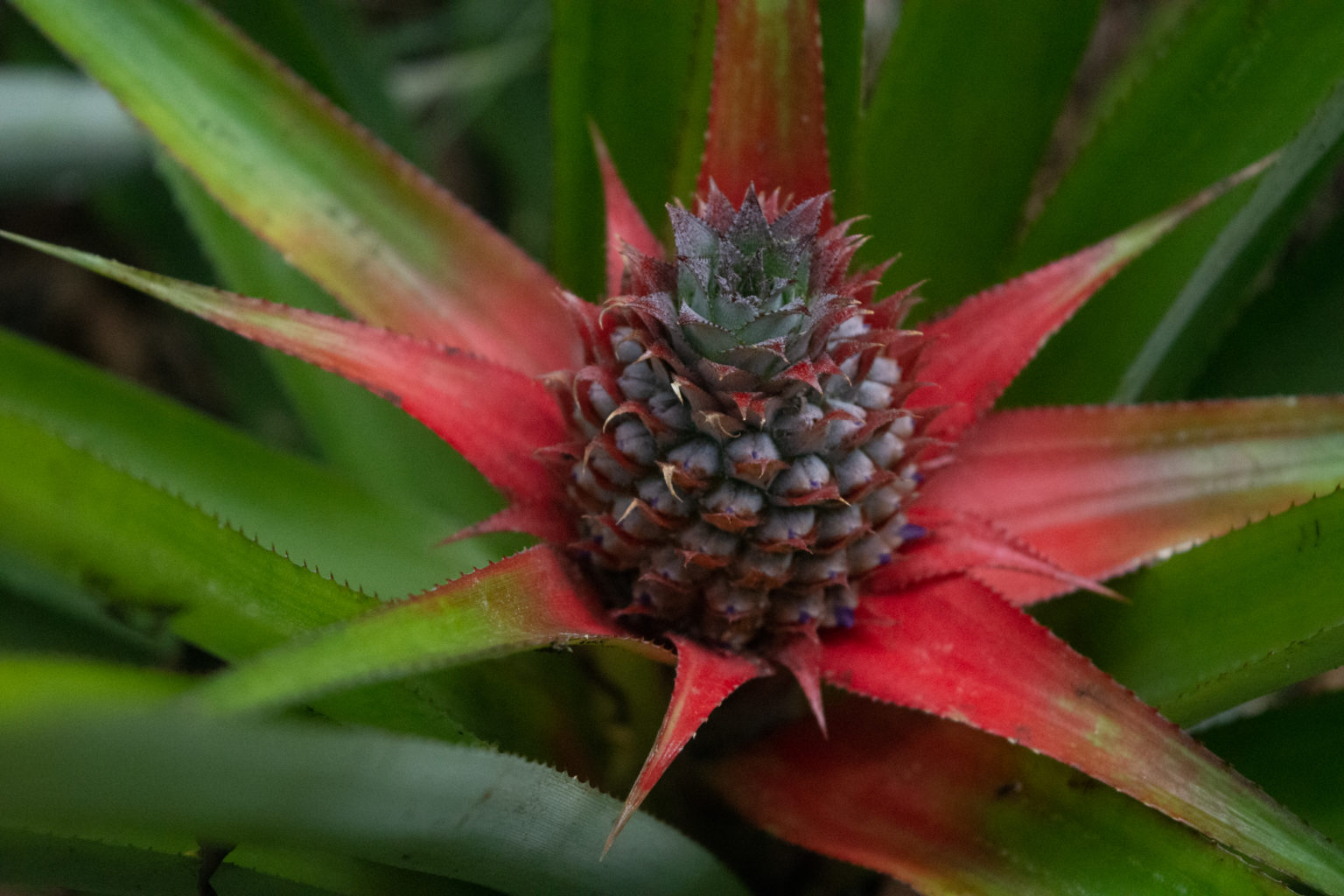The Masingini Indigenous Forest is one of the key forests of Zanzibar, recognized for its rare trees and animals, including the Zanzibar red colobus monkey. Other species found in the forest include various trees and shrubs, unique to the island, that are used for their medicinal value. The forest covers 556 hectares (1,374 acres) and serves as the main water catchment for Old Town Zanzibar and other surrounding communities. However, recently the forest has faced increased degradation due to encroachment and illegal cutting. As a result, a number of springs have dried up or become intermittent. Local communities are left with a decreased supply of fresh water.
To mitigate further destruction of the forest, forest management must be enforced, degraded parts of the forest must be rehabilitated, and local communities must learn about the need to sustainably manage the forest. Communities also need ways to protect themselves against water shortages.
The communities of Mwanyanya and Bububu have promised to manage the forest sustainably for at least 10 years. In return, Seacology is providing funding for water pumps and culverts, reforestation, and sustainable livelihood activities in the communities.


